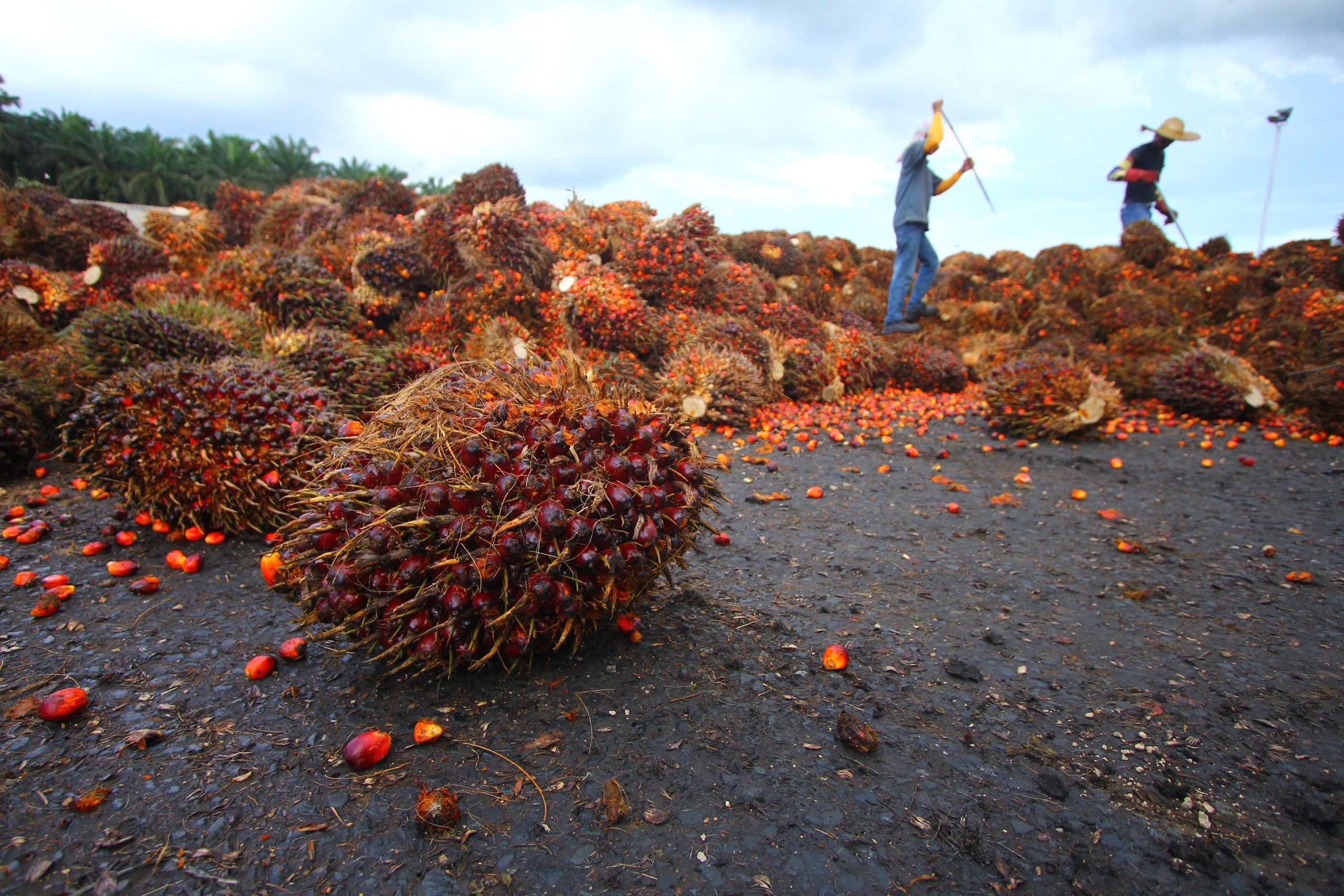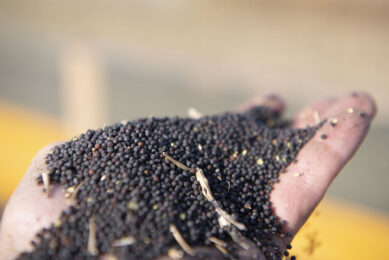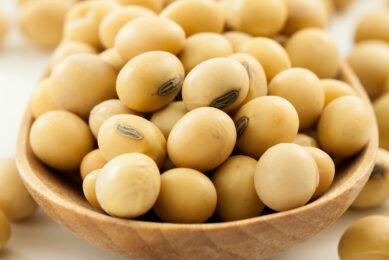Ban on palm oil to profit rapeseed and soy

A potential ban on palm oil in EU biodiesel would mean Indonesia and Malaysia need to find alternative crude palm oil export markets for up to 2.6m tonnes. This is according to specialists from Rabobank.
If the EU really bans palm oil in Biodiesel, rapeseed oil and soybean oil will be the likely winners, triggering changes in trade flows and crushing volumes as the EU-28 will need those alternatives for biodiesel production. Ethanol in the EU-28 and some other alternative fuels in the EU-28 may also receive a boost.
Ban is not official yet
On 17 January, the EU Parliament voted on a resolution which would ban the use of palm oil as feedstock in biodiesel from January 2021 onwards. This resolution is not yet definitive. In the coming months, this measure will be the subject of trialogue negotiations between the Parliament, the EU Commission, and the EU Council.
Huge impact on palm producers
To become official law, e.g. at international level, the measure has to comply with WTO rules, which could forbid the ban of palm oil imports. Assuming that the final law will ban palm oil as feedstock, the impact will be quite significant because palm oil accounts for 3.5 million tonnes or around 27% of total EU-28 biodiesel feedstock. This would also have a big impact on palm producers. According to Rabobank, different scenarios can be thought of to replace the 3.5 million tonnes, e.g. by soybean oil and rapeseed oil.
 Beheer
Beheer









 WP Admin
WP Admin  Bewerk bericht
Bewerk bericht